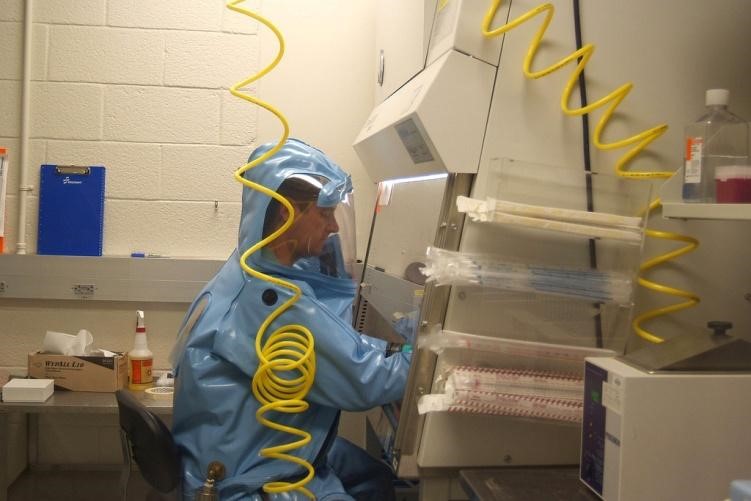No two days in the life of a clinical role monitor are the same, but each day has the same importance and trouble-shooting is the name of the game.
The purpose of a clinical role monitor is the quality control of a clinical trial, overseeing the progress, ensuring that it is conducted, recorded and reported in accordance with the necessary protocols and regulatory requirements.
Daily Tasks
The daily tasks are numerous and require specialised knowledge and skills. The most important task is reviewing patient data, ensuring that the right patients are enrolled in the clinical studies and that data is reported correctly. They need to have good interpersonal skills, dealing with the sponsor on the one hand and the investigator on the other, so cooperation and support is paramount.
Proactive
They have a proactive role in problem solving and must know The Code of Federal Regulations (CFR) and their assigned research protocols. Observation skills are important, both in monitoring staff for signs of stress which could lead to sloppy work, or dwindling numbers of patients enrolling to take part in trials.
Contract Research Organizations
More than half of the research workforce comes from contract research organizations which offer clinical trial services and are all involved in drug and medical product development. Pharmaceutical and biotechnology companies rely on these organizations to help reduce cost and speed the process of bringing a drug to the market.
It falls to the monitor to ensure that the research team has the necessary qualifications and that their training is adequate and up to date. They must supply, supervise and dispose of all research materials, and must ensure that the research is executed according to the protocol, so the rights and safety of the subject are guaranteed. When it comes to supply it is a wise idea to get a bulk amount of materials to keep stock levels high in case of emergencies. Companies out there will have Silicone Moulds to make supplies to the right specification like the ones at www.meadex.co.uk/materials/silicone/. At the end of a trial, the activities of the monitor is summarized in a report to the sponsor, including activities performed during monitoring visits, approaches adopted and any problems encountered and how they were solved.
Clinical monitoring is an essential activity to ensure the safety and success of the research programme. These trials are an important step in discovering new treatments for cancer and other diseases, as well as new ways to detect, diagnose and reduce the risk of disease. Answering these questions will improve health and quality of life for the future.


